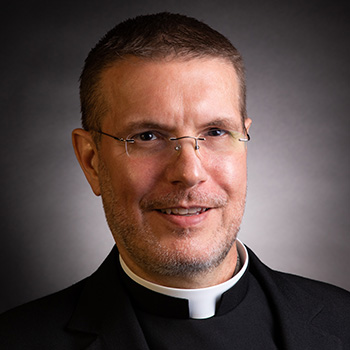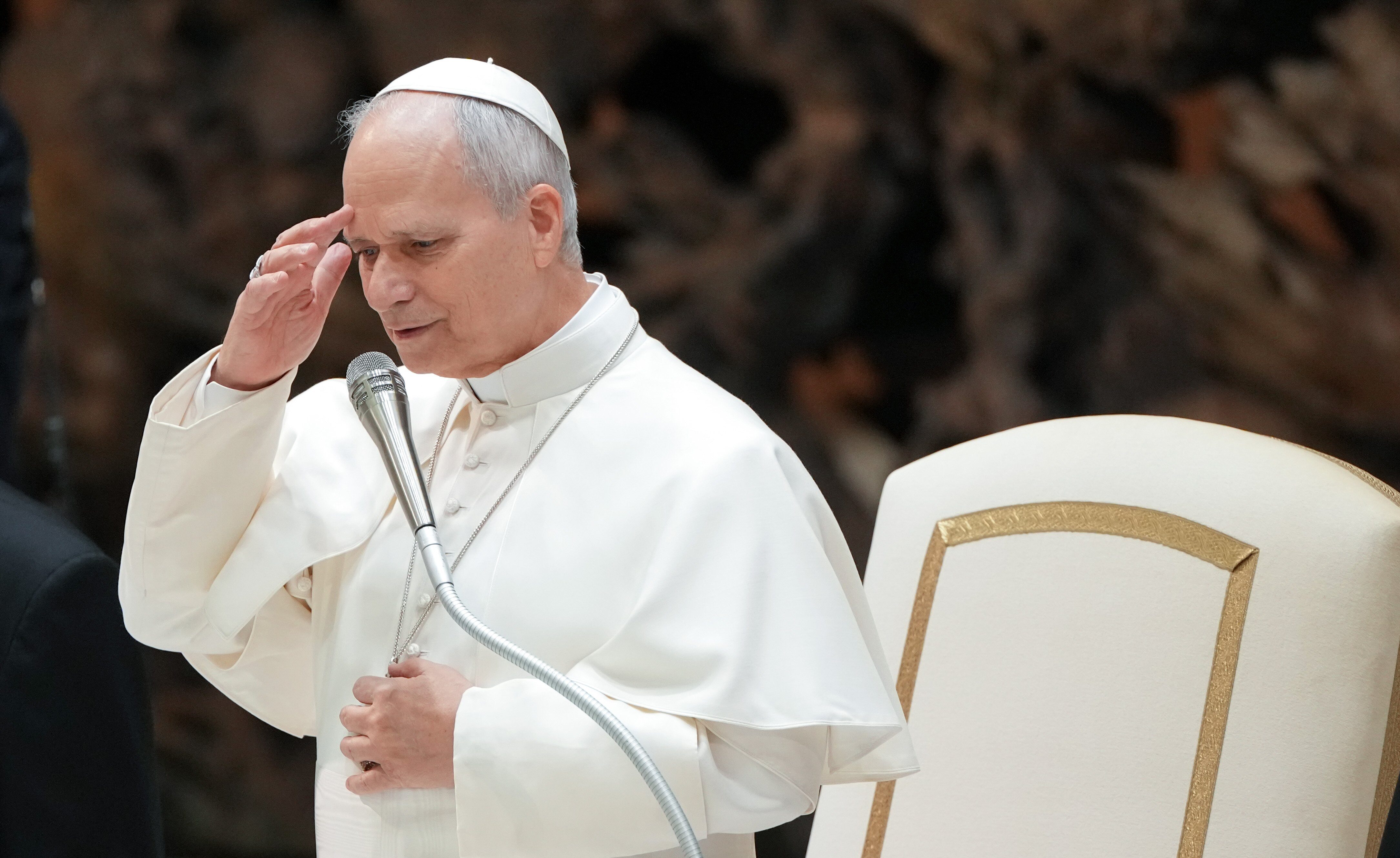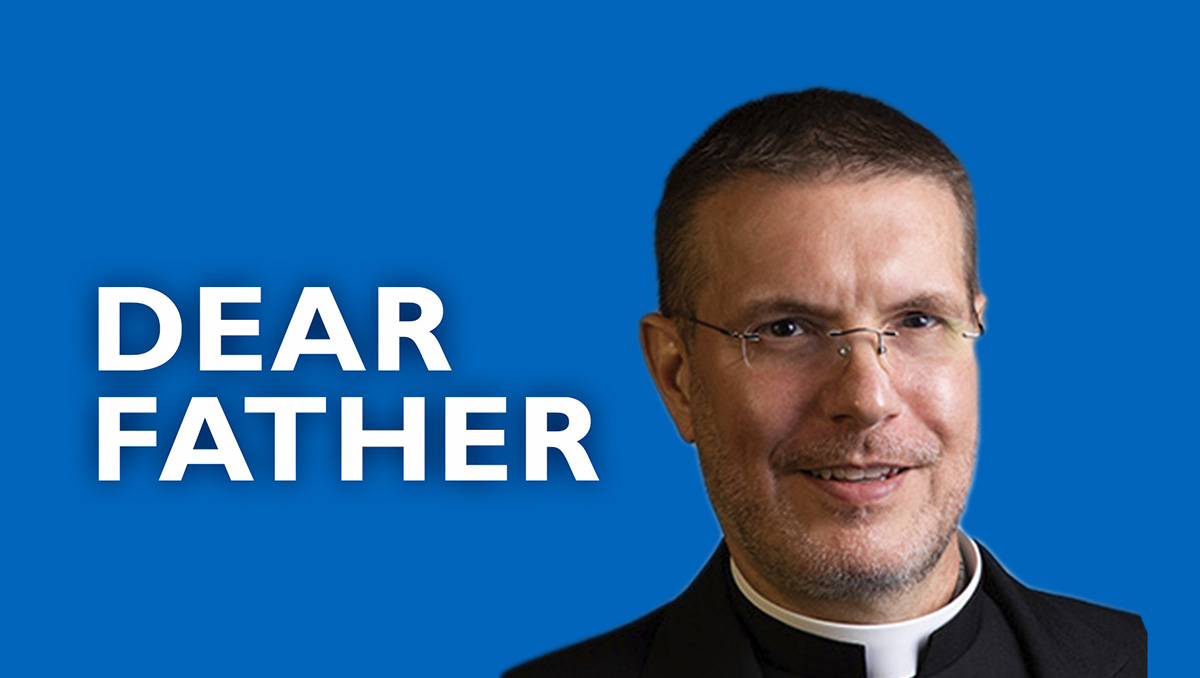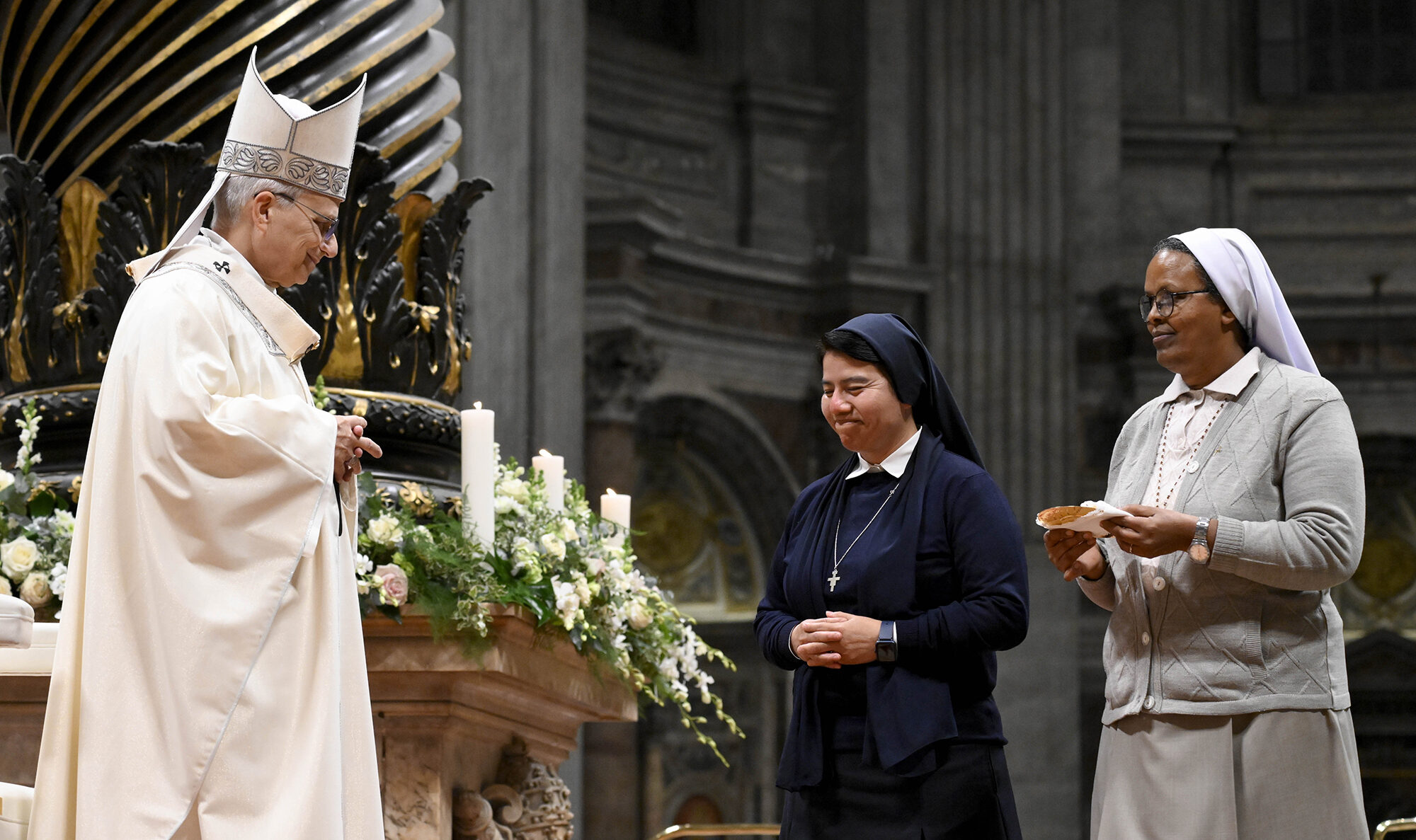DEAR FATHER | Our bodies have eternal destinies
What is meant by the “resurrection of the dead” that we say in the Creed? Does that mean we get our actual bodies back? I think I would prefer another one.

What an honest question! I think many of us over the years have looked at our bodies and wondered what God was thinking when He fashioned us. Certainly our bodies — even when they are in peak form — have flaws, and as we age, everything goes downhill from there. That being said, every human person, body and soul, is beloved by God and beautiful in His eyes. One of the great distortions of our current age is that physical appearance and health determine the worth of a body. Nothing could be further from the truth.
So what will our resurrected body look like? Over the centuries, spiritual writers have attempted explanations. St. Augustine wrote that our physical bodies will be perfected and that we will all rise at the age of Christ (who was approximately 33 at the time). While that is theological speculation, the Catechism of the Catholic Church makes it clear that “In Christ, ‘all will rise again with their own bodies which they now bear,’ but Christ ‘will change our lowly body to be like His own glorious body,’ into a ‘spiritual body’” (CCC 999). It acknowledges that the “how” exceeds our imagination and understanding. We can be certain, however, that we will maintain our individual identities and that whatever flaws or infirmities will be removed. A glorified body is one that is free of imperfections.
Another important point that the Catechism makes is that here on earth, we are already participating in the heavenly life of the risen Christ. Our bodies have been redeemed by Christ, and through baptism, they have been purified and conformed to Him. For that reason, we treat our physical bodies with great dignity and reject the cultural tendency that objectifies people based on appearance. We show a special concern for those who are experiencing physical illness.
Finally, when a person dies, we bless and care for the body of the deceased. Whether it remains whole or is cremated, the remains are treated with respect and placed in a consecrated resting place (i.e. a cemetery or mausoleum). In the case of cremation, we do not scatter the cremains, and we certainly don’t go the route of recent trends that turn them into jewelry or other mementos.
That our bodies have an eternal destiny is one of the central beliefs of the Christian faith, which is why it is contained in the creed. On those days when we are noticing the defects or breakdown of our bodies, we should remember that truth and ask God to help us fully appreciate the tremendous dignity of every human person, body and soul.
Father Scott Jones is the episcopal vicar for the Northern Vicariate of the Archdiocese of St. Louis.





